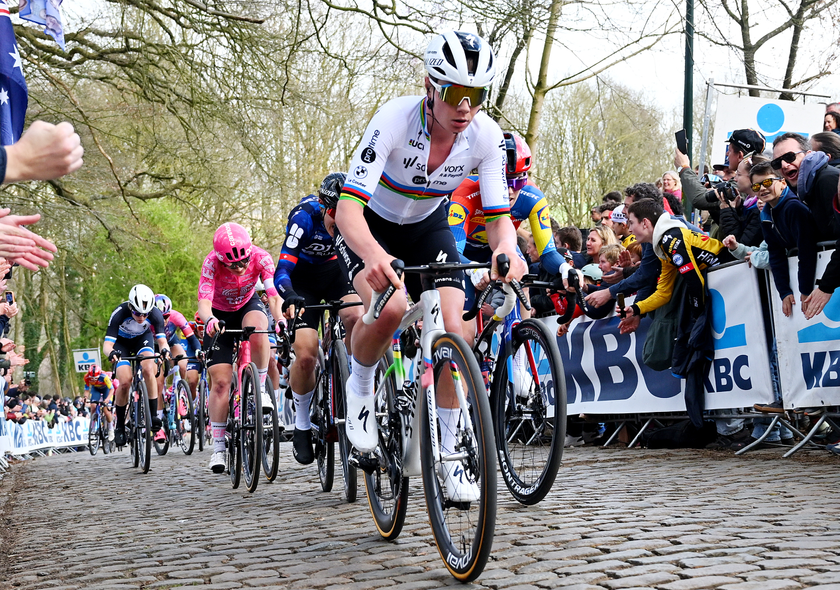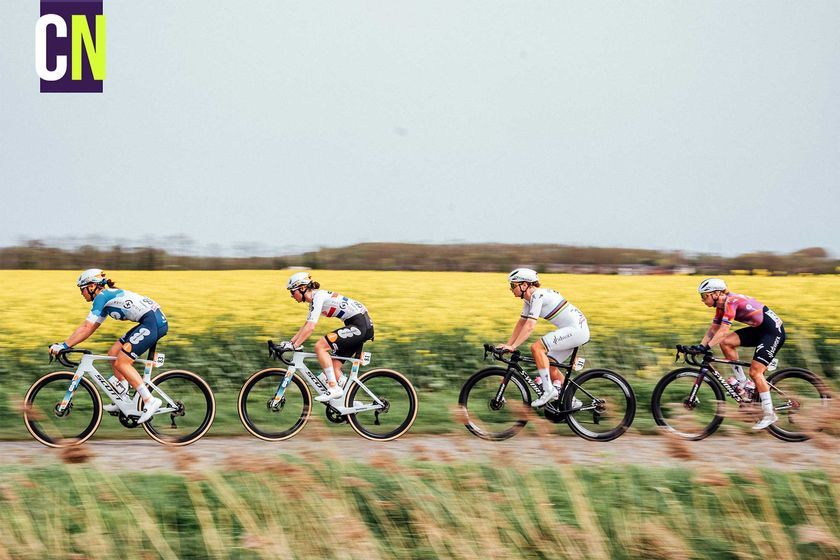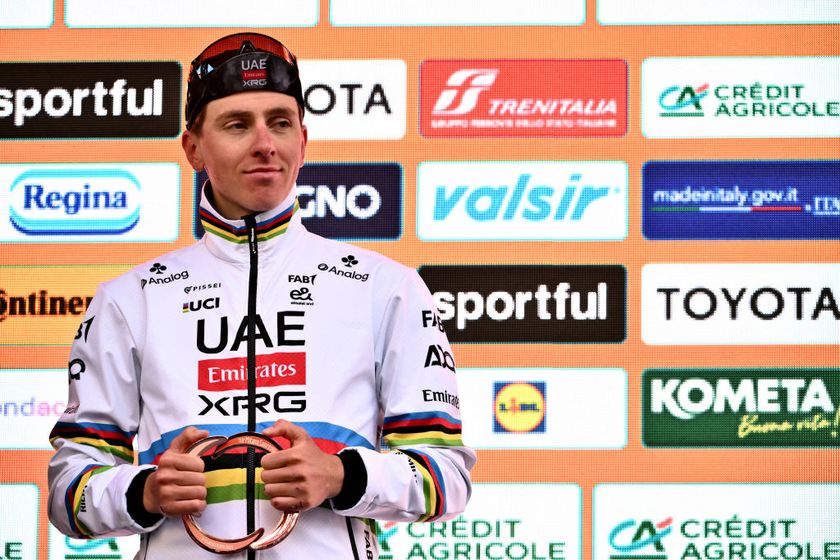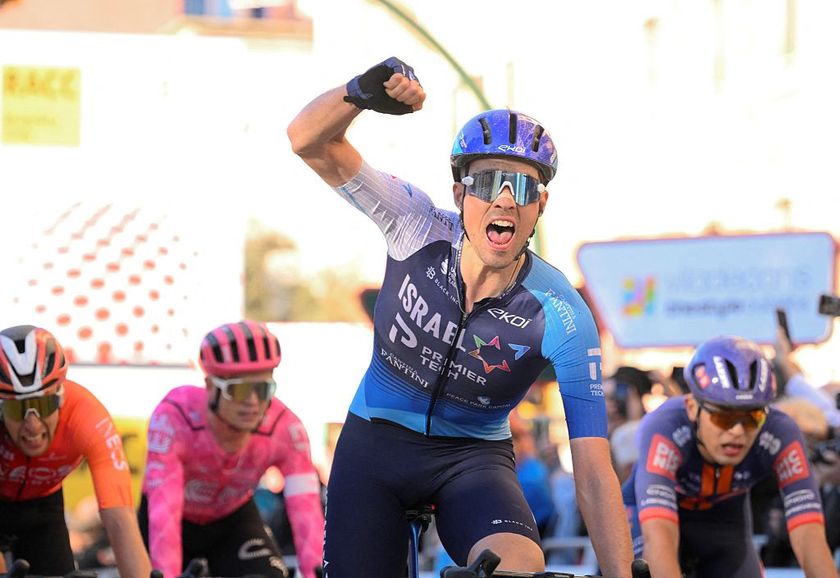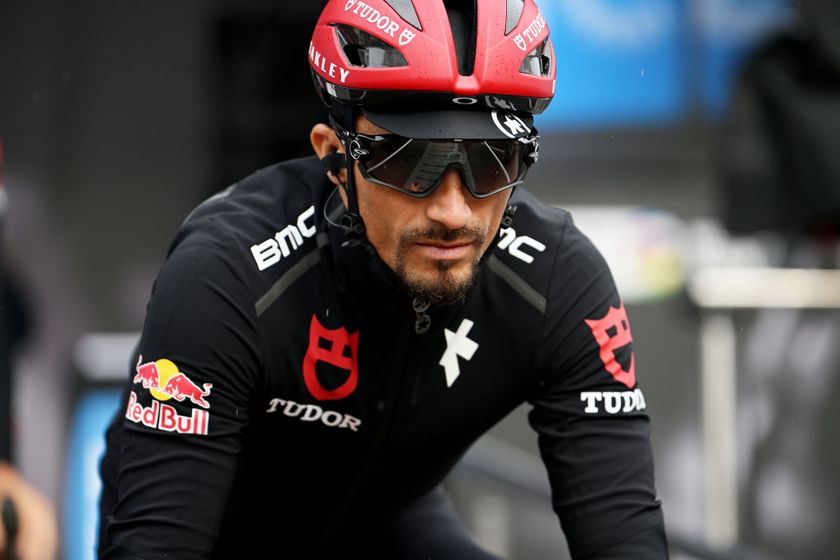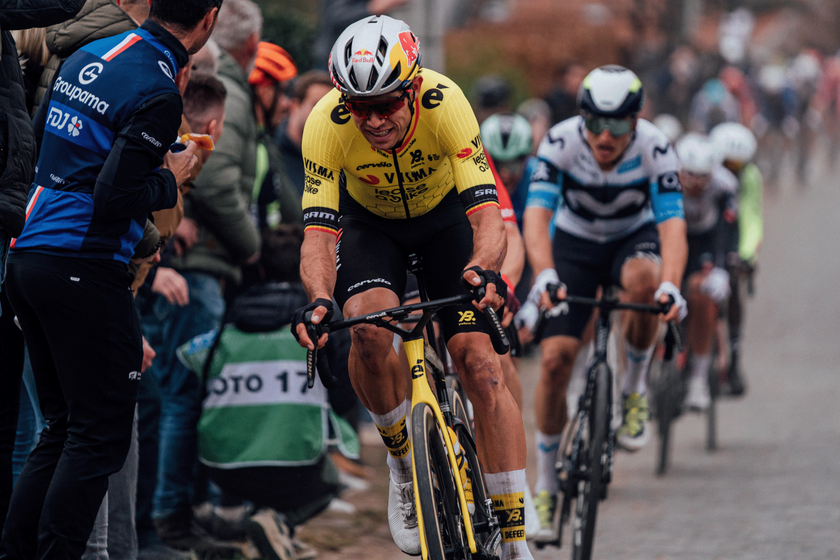Chris Froome's defence team may question validity of salbutamol test
Legal battle could drag on through Tour de France





The French newspaper Le Monde reported on Friday that Chris Froome's salbutamol case has gone from the UCI Legal Anti-Doping Services (LADS) to its Anti-Doping Tribunal.
Chris Froome: No one wants this resolved more quickly than I do
Chris Froome firm in support of Brailsford
Tom Dumoulin: If I was Chris Froome I wouldn't be at Tirreno-Adriatico
Chris Froome goes 'full gas' on Tirreno-Adriatico hilltop finish
Lappartient: Chris Froome's case unlikely to be resolved before Giro d'Italia
Lappartient: It would be difficult for Froome to ride the Tour de France without a verdict
It was reported in February that the case was headed to the Tribunal and that it was expected to start proceedings within the month.
However, several sources close to the UCI have told Le Monde that the UCI Anti-Doping Tribunal is already being utilized. The Tribunal handles disciplinary proceedings and renders decisions concerning anti-doping rules violations. Le Monde suggest that the UCI's Legal Service considered that there was no objective data to lead to a dismissal in Froome's case.
A source close to the proceedings says the case will likely take some time to conclude. "It will not be done before the Giro. There is a small chance that this is the case before the Tour," Le Monde reports its source as saying.
The UCI Anti-doping Tribunal cases could take between two months to a year for cases such as Froome's. One of the parties, however, has the possibility of requesting "an expedited procedure, if the circumstances so require".
Froome is deep into his preparations for the Giro d'Italia and aiming to go down in history as one of only a handful of riders to win three consecutive Grand Tours. He intends to follow that by defending his Tour de France title.
However, riders, team managers, race organisers and even UCI president David Lappartient have expressed concerns over Froome starting the Tour de France while the case was still pending. Although Froome has [incorrectly] asserted that his results from this year would not be disqualified, he would stand to forfeit any results and prizes should he be sanctioned over the case.
Get The Leadout Newsletter
The latest race content, interviews, features, reviews and expert buying guides, direct to your inbox!
"I have no evidence that he is deliberately delaying things. He is trying to defend a number of arguments, it's his right," the UCI president David Lappartient said in the Le Monde report. "I do not see what he would gain from waiting, because if it is to race and be sanctioned after, for what reason?"
The tribunal will reportedly be led by German arbitrator Ulrich Haas, a notable anti-doping legal expert who served on the CAS panel that reviewed a similar case involving Alessandro Petacchi that led to the Italian receiving a 12-month ban. Haas was also an investigator for the Cycling Independent Reform Commission.
Possible defences
In March, Froome appointed London-based lawyer Mike Morgan to handle his case. He denied a report in the Corriere della Sera that he was about to plea-bargain and accept a possible ban.
It is believed that Froome and his legal team are still providing information to the UCI as he tries to explain his high limit of salbutamol despite more than six months passing since the case first emerged.
Froome's urine sample from an anti-doping control taken after stage 18 of the 2017 Vuelta a Espana was found to have exceeded the allowed limit of the asthma drug salbutamol. The 32-year-old says he is a life-long asthma sufferer and insisted that he knows the rules and has never taken more than he is allowed.
WADA allows athletes to use up to 800mcg over a 12-hour period and a maximum of 1600mcg of salbutamol in 24 hours, and considers any urine levels exceeding 1000ng/mL to be "not consistent with therapeutic use of the substance". Froome's urine levels were twice the allowed limit.
Froome led the race from stage 3 to the finish and would have been subjected to anti-doping controls on the 18 subsequent stages, but only exceeded the limit on the stage to Santo Toribio de Liébana.
To avoid a ban, Froome would have to prove to the Tribunal that he did not exceed the dosage maximums and that he did not use a prohibited route (oral and injectable uses of salbutamol are banned in and out of competition).
According to L'Equipe, Froome's lawyer tried several unconventional arguments, including requesting B-sample analyses of samples taken in the days before stage 18. The request was denied.
Froome's defence could still include suggestions that his kidneys somehow retained a quantity of salbutamol and then released it on the day of the test.
According to Le Monde, Froome's legal team could be preparing to call into question the salbutamol test and the 1,000 ng/ml urine limit, taking on the WADA Code itself.
"They are looking for all the elements that would allow them to challenge the test itself, to convince that it is not valid scientifically," according to another Le Monde source.
"WADA is already in contact with the UCI on these issues," says Olivier Niggli, WADA managing director. "We will provide the UCI with all the elements they need concerning the test itself."
WADA scientific director Olivier Rabin doubts that the salbutamol threshold could be successfully questioned. "The rule has been established for a long time, the threshold has not changed and has already passed before the Court of Arbitration for Sport [TAS]."

